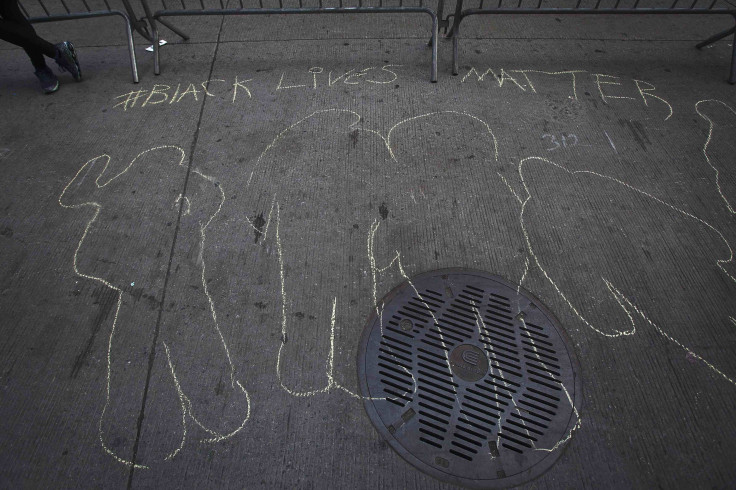Watching Fox Makes Viewers Lean Republican, Researchers Say

Watching the Fox News Channel or MSNBC can persuade viewers to lean Republican or Democrat, economists have found. While most viewers know both these cable channels have certain political tendencies, the authors of a working paper published by the National Bureau of Economic Research in Cambridge, Massachusetts, have found that watching their broadcasts can actually change a person’s opinion -- and possibly influence elections.
“We show ... that watching the Fox News Channel increases the probability of voting Republican, and watching MSNBC after 2004 decreases the probability of voting Republican in presidential elections,” Gregory J. Martin and Ali Yurukoglu wrote in their recent paper, “Bias in Cable News: Real Effects and Polarization.”
To be specific, the researchers found that viewers who watched an extra four minutes of Fox News every week were 0.9 percent more likely to vote Republican in a presidential race, while MSNBC watchers were 0.7 percent more likely to vote Democratic. For this study, they analyzed data on channel positions and viewer demographics by ZIP code, along with county-level voting data dating between 1998 and 2008.
“We find that cable news does increase polarization among the viewing public,” Martin and Yurukoglu wrote. But their theories apply to more than just how people feel about certain issues: They indicate patterns of viewership can also affect voting behavior. “Our estimates imply large effects of Fox News on presidential elections,” they wrote, theorizing that if Fox News hadn’t been around during the 2000 election cycle, the average county’s Republican vote share would have decreased by 1.6 percentage points.
However, this isn’t the first time experts have looked into the issue.
When NBC Universal merged with the Comcast Corp. in 2010, media watchdogs feared the consequences of having a single company control such a vast media landscape, as the Los Angeles Times reported back then.
And in 2007 researchers associated with the Massachusetts Institute of Technology wrote a paper published in the Quarterly Journal of Economics called “The Fox News Effect: Media Bias and Voting.” They also found “a significant effect of the introduction of Fox News on the vote share in presidential elections between 1996 and 2000,” noting that Republicans had an advantage of between 0.4 and 0.7 percentage point in towns that broadcast Fox and estimating that from 3 percent to 28 percent of viewers were convinced to vote Republican because of Fox content.
“We estimate that exposure to Fox News induced a substantial percentage of the non-Republican viewers to vote for the Republican party,” the researchers wrote, pointing out the effect could be temporary for “rational” voters or permanent for “non-rational voters subject to persuasion.”
Perhaps only time will tell.
© Copyright IBTimes 2025. All rights reserved.






















